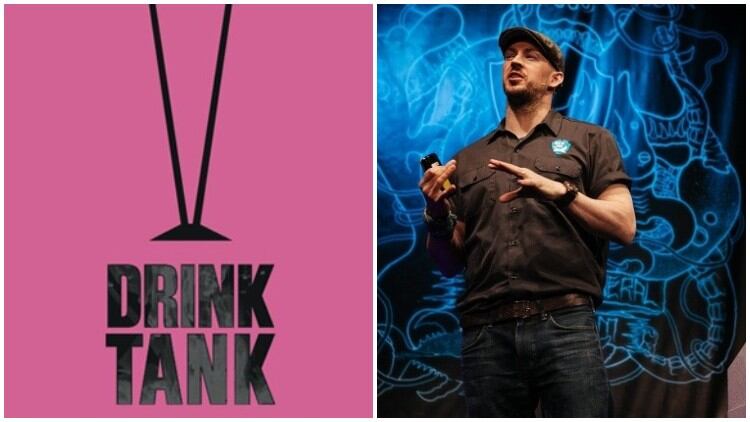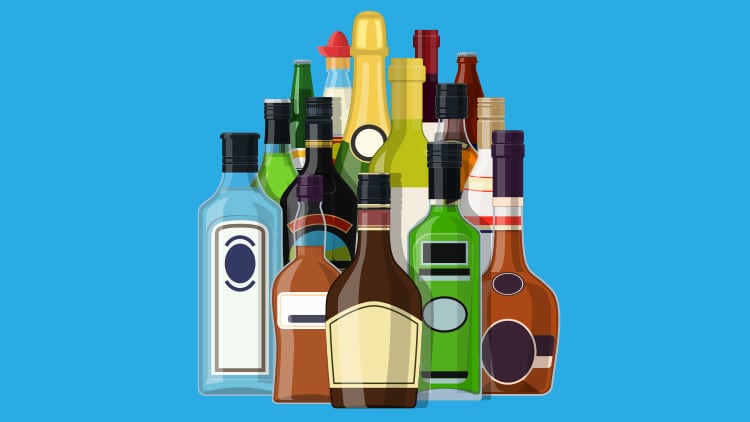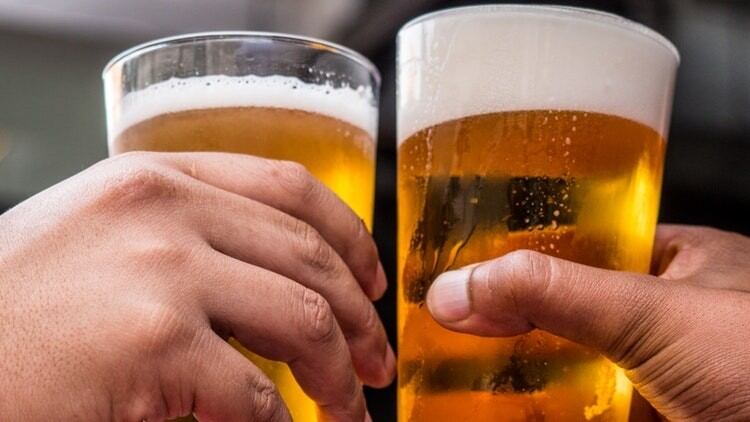Speaking at the inaugural Drink Tank conference in London on 27 November, BrewDog co-founder James Watt forecast an acceleration for craft beer in the UK and predicted IPAs could overtake lager as Britain’s best-selling beer in the next 10-15 years.
Describing the UK craft beer market as approaching a “tipping point”, Watt explained that he was excited by how far the beer sector had come since he and co-founder Martin Dickie launched BrewDog in 2007, with craft on course to replicate the 20% share of market value it has in the United States in the UK.
As reported by The MA, BrewDog’s Punk IPA is still top dog when it comes to on-trade craft beer according to the latest Drinks List, after both its volume and value sales increased by almost a fifth, year-on-year.
Explaining that like-for-like sales in its retail business were up by more than 10% year-on-year, however, Watt highlighted that BrewDog had to work harder to drive growth and capture the imaginations of experience-focused consumers through new initiatives such as its beer school.
“There’s a tendency for the category to be a bit intimidating for consumers,” Watt explained, stating that BrewDog was constantly formulating new ways to introduce people to an “amazing world of flavours”.
From ‘punks with stunts to punks with purpose’
According to Watt, the headline business plan for the independent brewer and pub operator next year is to move from “rebel to maverick – from punks with stunts to punks with purpose”.
“How we disrupt might change and evolve," he explained. "Maybe less tanks, head-to-head battles with the Portman Group and Diageo."
What's more, a stronger sense of purpose for the Scottish brewer could further strengthen BrewDog’s bond with its 126,000 equity punk investors – 12,500 of whom attended BrewDog’s most recent AGM in Aberdeen.
“We’re very much on a journey with our Equity Punks,” Watt added, “For our business, it’s perhaps my favourite thing we’ve done. We see ourselves as an alternate company co-owned by people who are completely aligned with our vision.
“The whole ethos behind it is how can we shorten the distance between ourselves and the people who enjoy our beer”
Moreover, Watt outlined that the equal pay employer, which advocates profit share schemes for its staff, has also committed to taking plastic out of its beer packaging; has developed a biomass generator at its home in Ellon, Scotland, to generate power from waste product; and would strive to brew beer closer to where consumers are drinking it to reduce dependence on shipping.
He also detailed plans for BrewDog, which currently incentivises staff to take cicerone qualifications, to build an online “gamified” education platform to educate consumers about beer.
“We want to build this platform to empower people to make better choices when it comes to beer,” Watt said.
Continued innovation
Looking to the future, Watt outlined plans to make a splash in Scotch whisky by introducing innovation and attitude which he believes the category has lacked for the last 200 years.
In addition, he revealed the business was weighing up the benefits of launching a non-alcoholic beer bar in London, saying “most of the people who drink our non-alcoholic beer aren’t teetotallers, but people looking to moderate their consumption”.
Watt added that BrewDog had developed the “ultimate desk beer” called Wake Up Call – a 0.5% a non-alcoholic stout infused with vanilla and bespoke Brewdog coffee – to create a pour akin to a cold brew coffee.
What’s more, on the subject of the struggling cask category and what can be done to save it, Watt was upbeat. “I think cask might make a bit of a comeback,” he said, “but I think it needs a bit of energy, excitement and innovation”.




